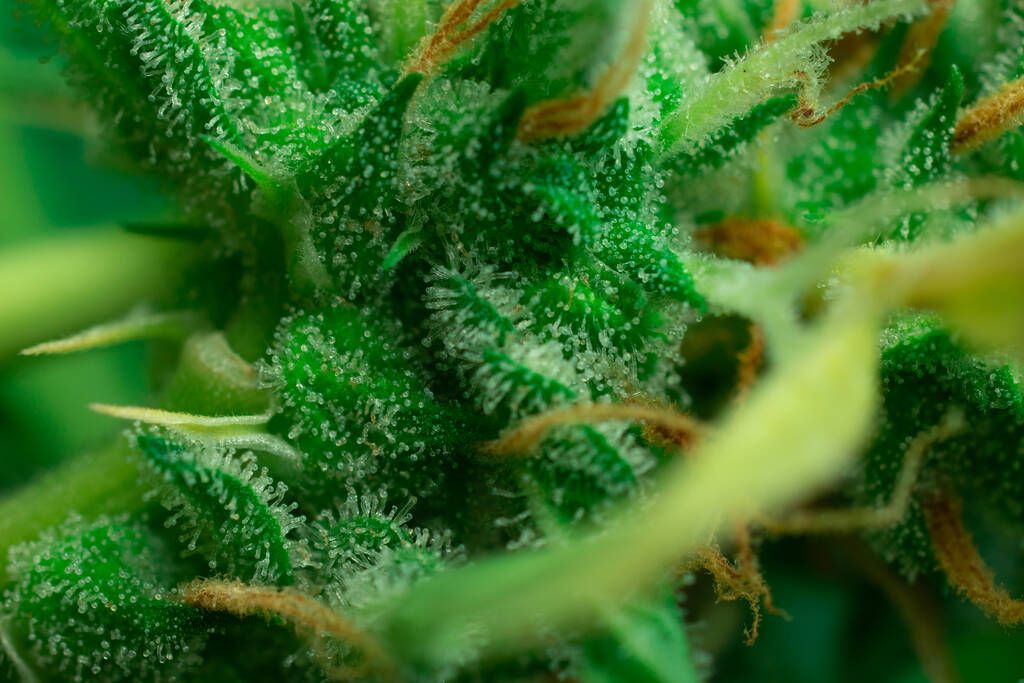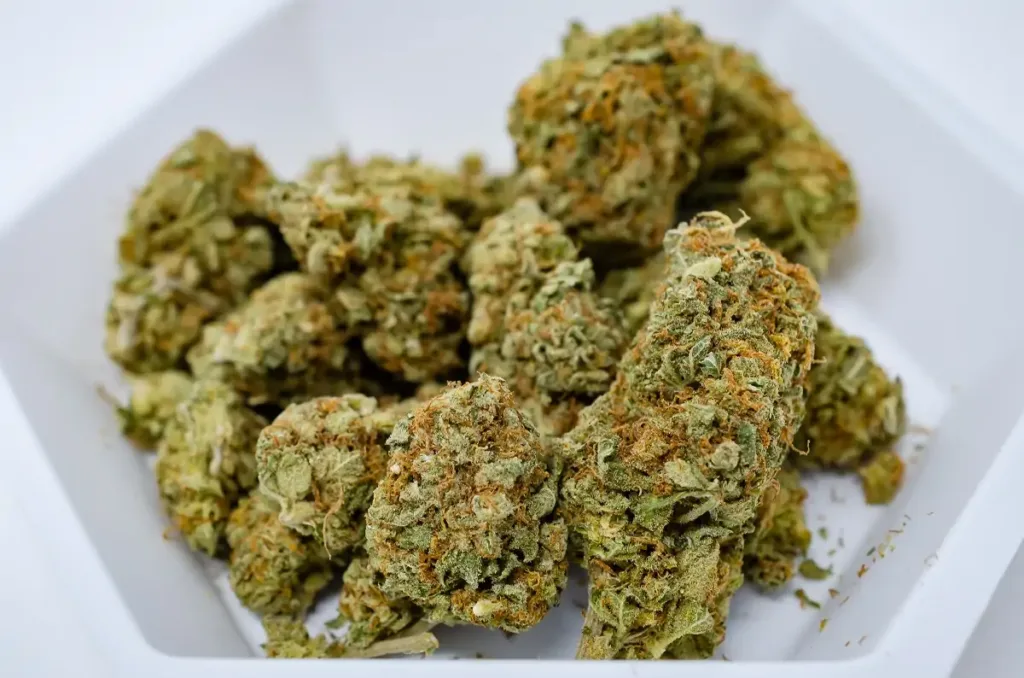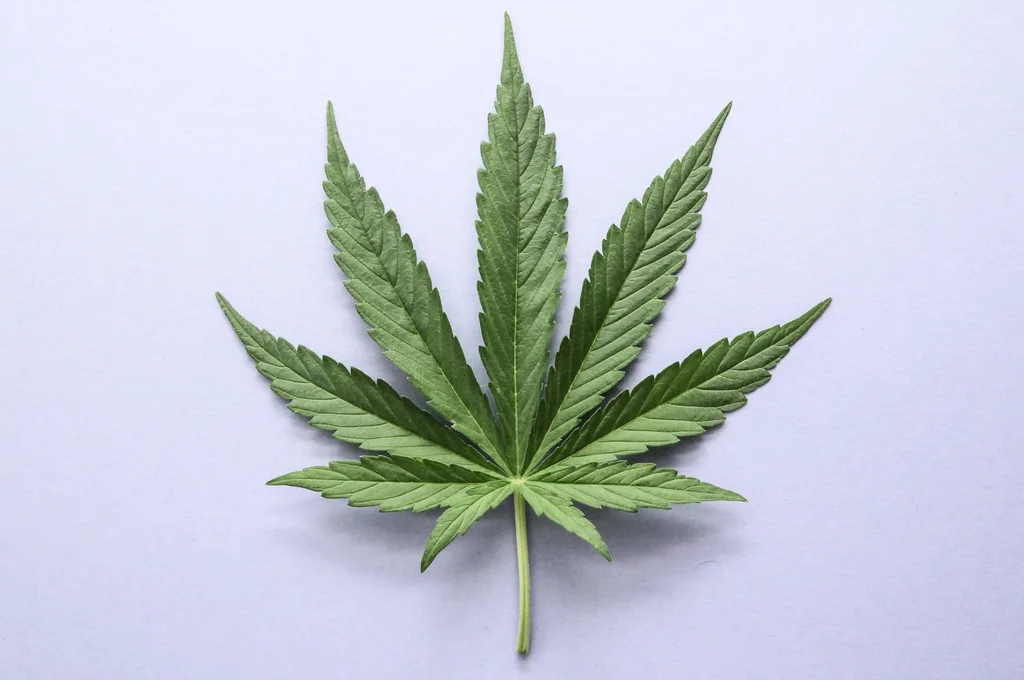The Missouri Senate Families, Seniors and Health Committee has approved Senate Bill 90, advancing a proposal that would provide legal access to psilocybin-assisted therapy for certain patients.

Filed in December by State Senator Stephen Webber (D), the bill now moves forward for further consideration in the legislature.
SB 90 would allow veterans suffering from PTSD, individuals with major depressive disorder or substance use disorder, and patients in end-of-life care to legally acquire and use psilocybin for therapeutic purposes. The measure establishes a framework requiring physician oversight, participation in a study on psilocybin’s effects, and adherence to safety protocols, including product testing.
Continue reading














